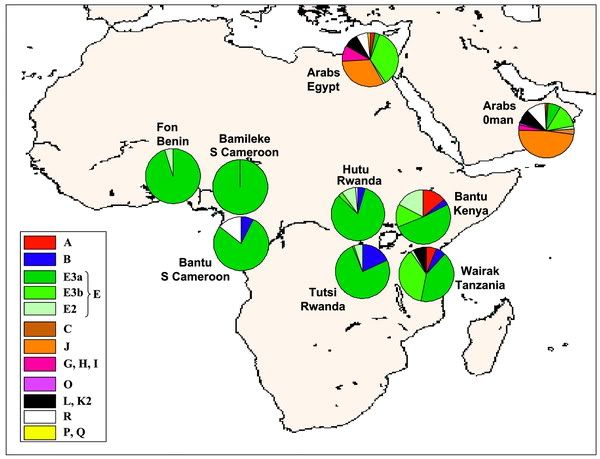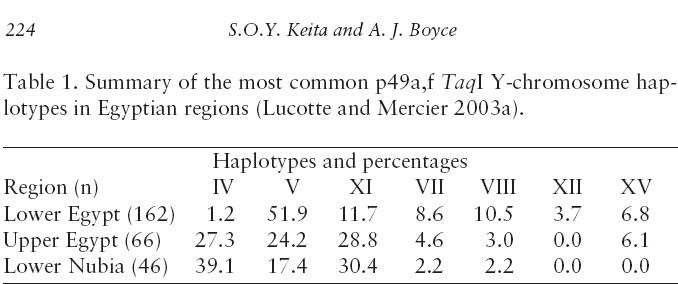Kahotep
Warlord
Already read it. That's the part where you explain away why the Egyptians have gone completely against world trends and massively changed appearance. What you have failed to do is explain why Egypt would be so different to, say, Nurestan, or China, or even Italy.
The difference is that the invaders of those other regions didn't look so different from their subjects to begin with. On the other hand, here's an ancient Egyptian mural comparing them to Southwest Asian and Mediterranean people.

This is another case of what is called 'selective referencing;' that is, referencing only those sources which agree with your point, and not those which argue otherwise. Honest scholarship involves both, then giving reasons as to why the sources which agree with you are right, and the others wrong.
At the risk of Godwinning the thread, here's a simple example: one historian says the Holocaust happened, another doesn't. The first historian is a highly respected historian with a string of successes; the second is a member of a Neo-Nazi group who have been investigated for terrorist links. The first is obviously the more reliable source. Now, explain what makes your source - which xchen08 shows is a well-known Afro-centrist, making his views less than reliable even if true - more reliable than the far more numerous sources who ssay otherwise.
Have any sources suggesting that a migration of one percent per generation couldn't alter a population's genotype over several thousand years?
Keita is not an Afrocentrist. He rejects that label. The only reason people call him an Afrocentrist is because he acknowledges "black" admixture into the Egyptian population.
I don't think anyone's denied they were darker than Mediterraneans. We're arguing that the evidence does not indicate that they were as dark as Nubians, or even Ethiopians. As mentioned previously in the thread, St Moses the Black was referred to as "Black" by Egyptians, after all. This would indicate that they had lighter skin than he did.
Just because the Egyptians were not as dark as Nubians does not mean they still weren't what we would consider to be "black" if we saw them today. There is skin tone variation even within so-called "black" people.










